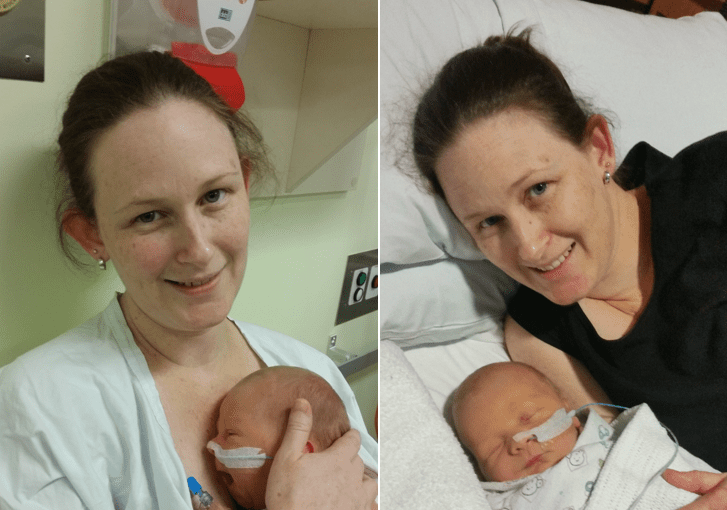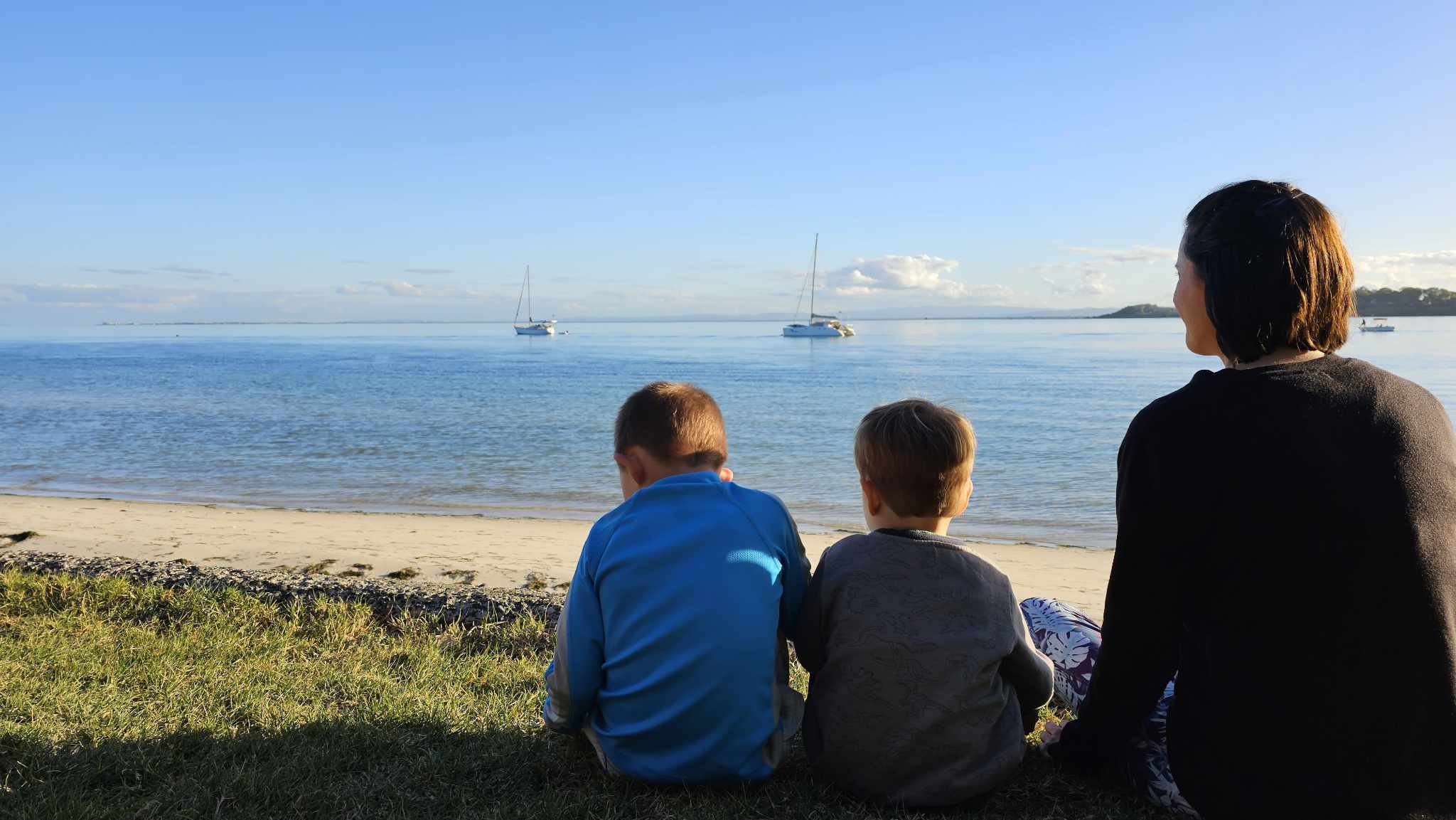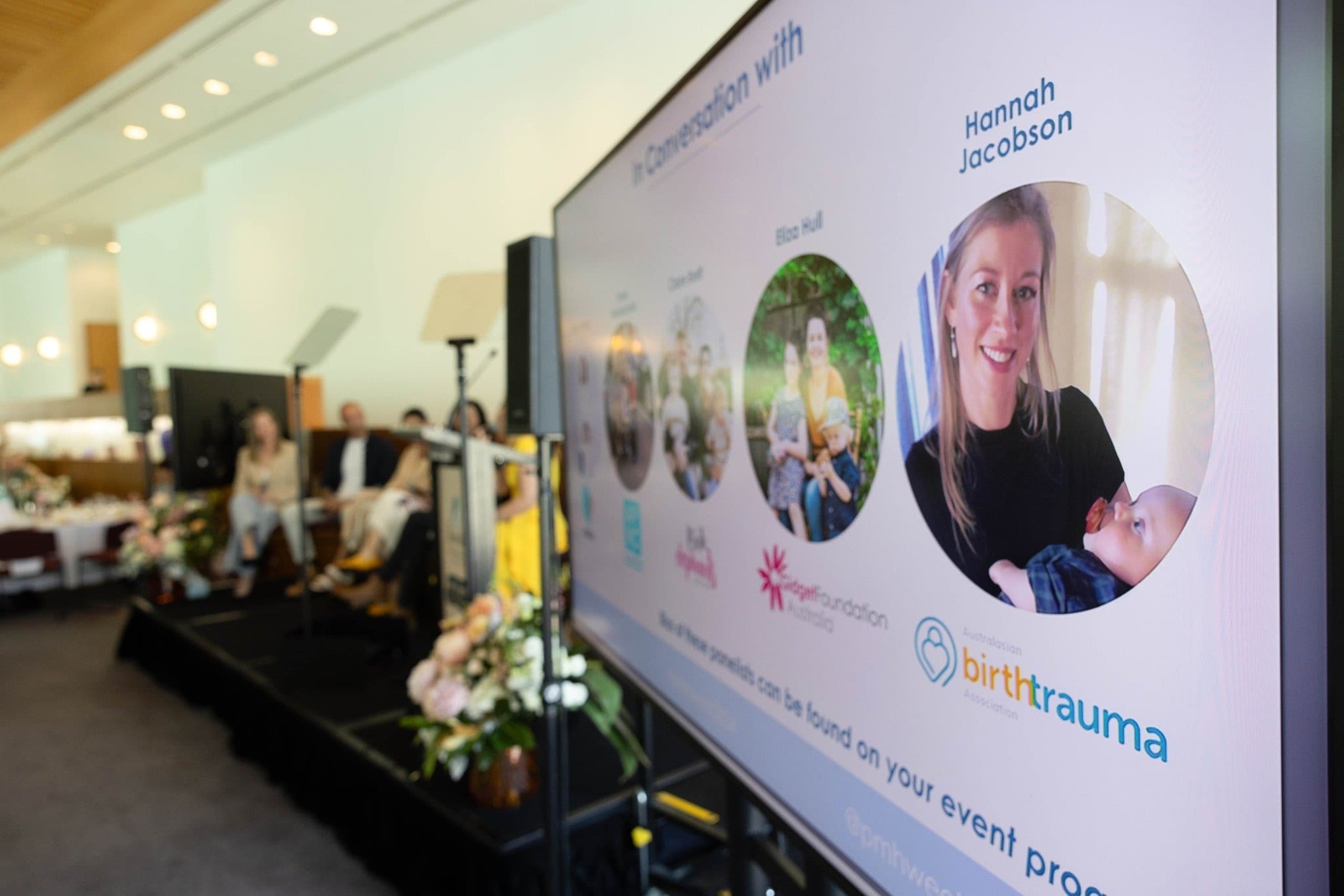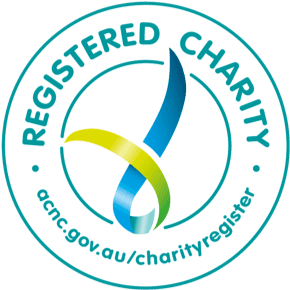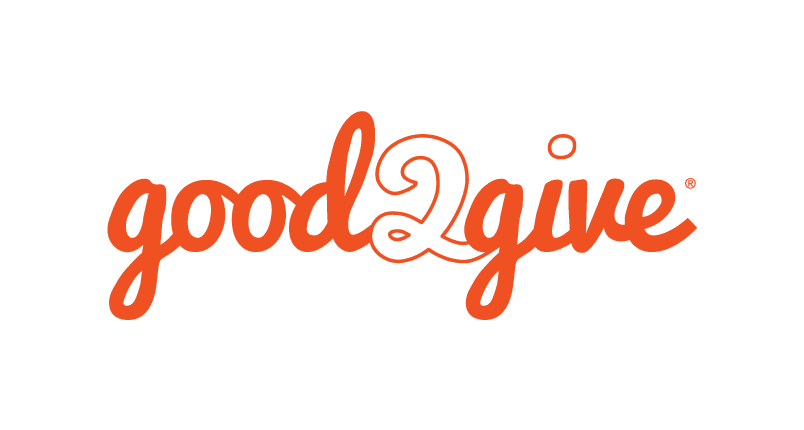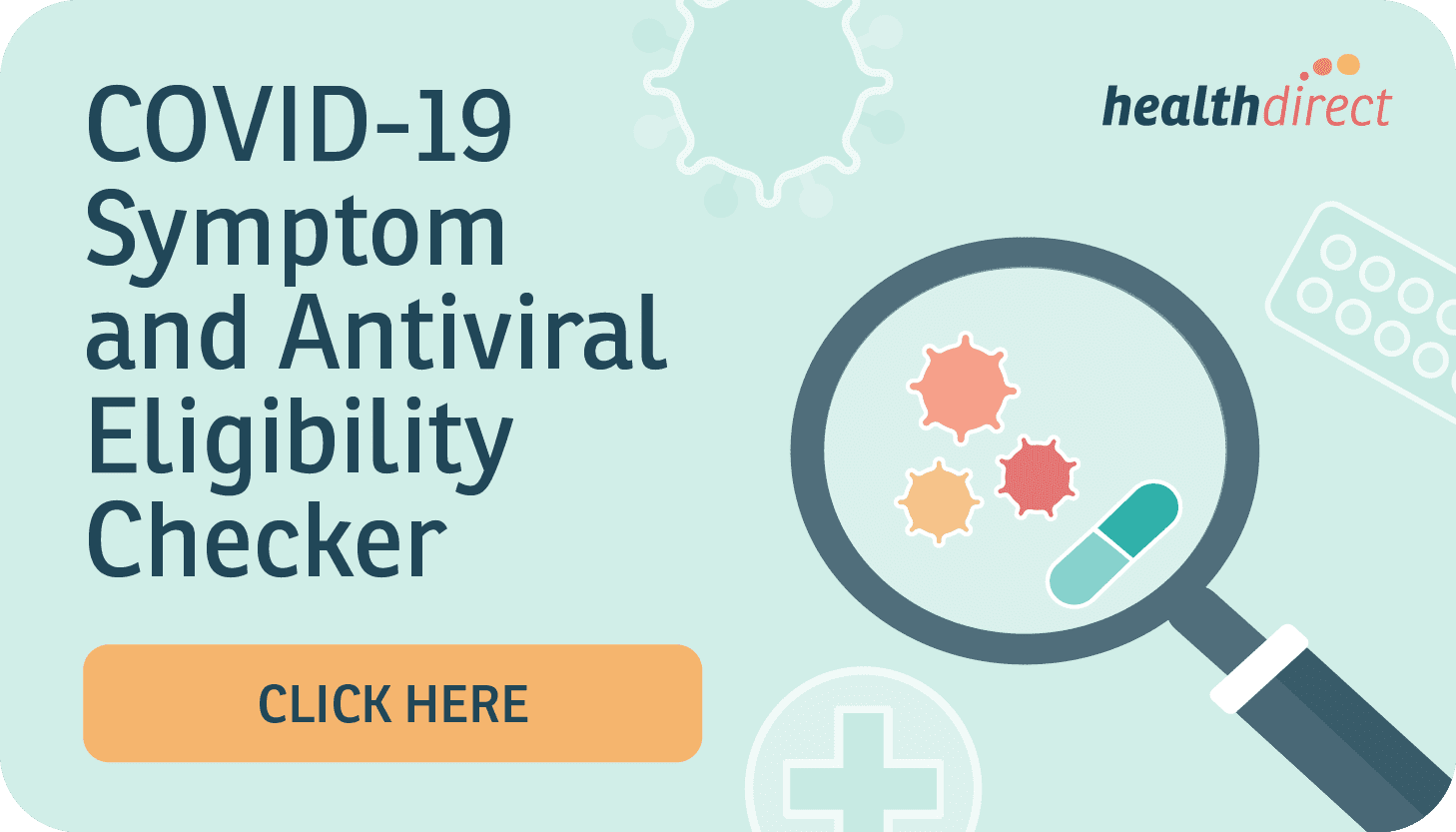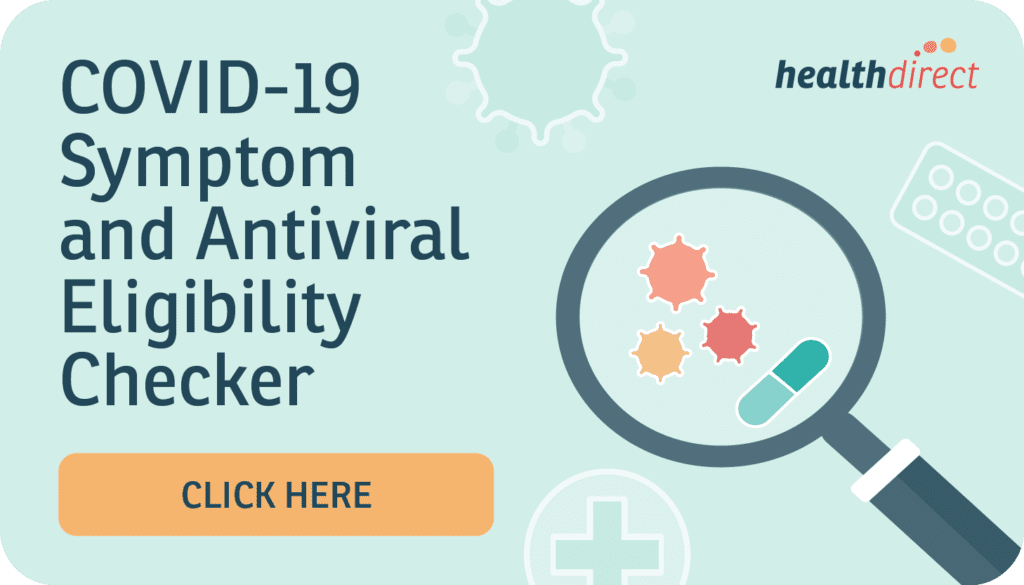Trigger Warning: This birth story contains details of forceps and prolapse. If you are triggered by these topics you may wish to skip this blog or read it once you have support available. If you are seeking support for your birth trauma, you may wish to contact our Peer Support Service.
In July 2016 I gave birth to my firstborn son.
I had a textbook pregnancy with no complications and I went into spontaneous labour at 39 weeks and 5 days gestation.
From start to finish I laboured for 24 hours. I ended up having an epidural as my son was posterior and most of my labour pains were in my back, which was excruciating.
I pushed for 2 hours but unfortunately my son was stuck so I ended up having to have a forcep delivery as they had to turn him as they pulled him out.
Recovery was not very pleasant. I became extremely constipated to the point where I could barely sit down, it was so painful. I believe that the combination of the forcep delivery and the constant straining due to the constipation contributed to my prolapse.
I had heard of prolapse before, but I thought it was something that only happened to older women. When I was about 4 months postpartum I started to notice something wasn’t quite right. I could no longer insert a tampon without it falling out (sorry if that is too much information) and I noticed a bulging dragging sensation. I felt like I had a tennis ball between my legs.
I made an appointment with my GP and she did an internal examination and confirmed my suspicions. She sent me to a urogynocologist who further confirmed that I had pelvic organ prolapse (POP). I have prolapse of the uterus, bladder and bowel. I have torn some ligaments and also have incontinence. My specialist said I will need surgery to fix it but to come back and see him when I’ve finished having children. He fitted me with a pessary but unfortunately it kept slipping down and I had to keep pushing it back up. I was in constant pain, like it was pinching on something. I had it removed after a few weeks of using it.
I was seeing a physio who is very experienced when it comes to POP. I was doing lot’s of kegels and my pelvic floor was feeling much stronger. I stopped seeing her once I became pregnant with my second child. I continued with my kegels.
My second pregnancy was again a textbook pregnancy, and for awhile, my prolapse improved until right at the end of the pregnancy where I was getting a real dragging sensation. I had another vaginal delivery and my second son was also posterior but he turned just before I started pushing. It was a very successful vaginal delivery with no forceps needed. 5 pushes and he was out. He was born in 2018.
After his birth, I recovered very quickly and my prolapse wasn’t too bad. During this time I was diagnosed with postnatal depression, which when I look back ,I think I developed after being diagnosed with POP. Since having my second son my prolapse has worsened quite dramatically.
Having POP has had a huge impact on my life. I struggled to hold my babies for long periods of time as I would get quite a lot of pain. I wake up every morning with really bad back pain, more so when my bladder is full from not going to the toilet all night. If I stand on my feet for too long or lift my kids too much I get bad back pain and my prolapse drops down even further. I have to wear incontinence pads everyday. My bowel habits are also starting to change in terms of urgency. It has impacted my life, physically, emotionally and mentally. My self esteem has been hugely affected. I used to be quite fit and active. Now I can’t run with my kids or jump around with them without it feeling like my insides are falling out.
There needs to be more education about prolapse and childbirth and more emphasis on the importance of kegels and more support for women dealing with prolapse.
If you are seeking support for birth-related trauma, please contact our Peer2Peer Support service to connect with one of our Peer Mentors.


